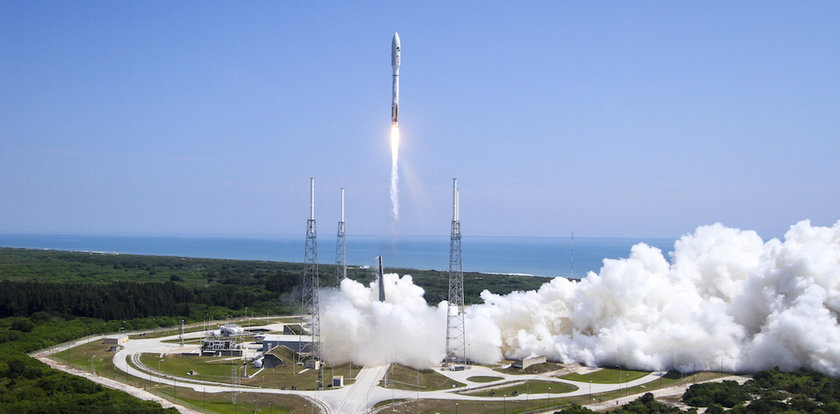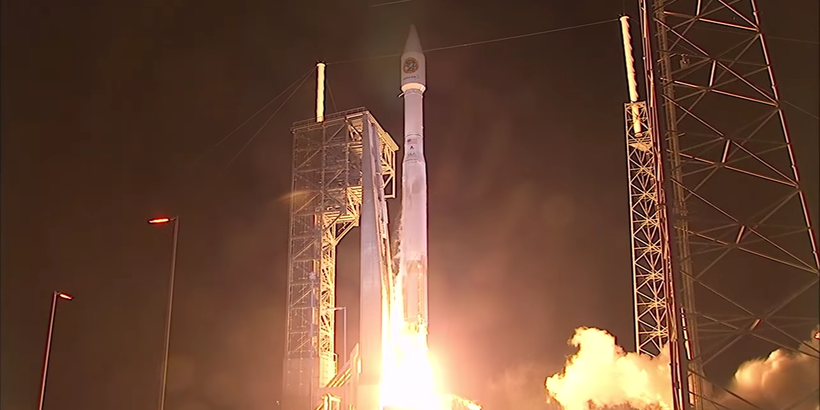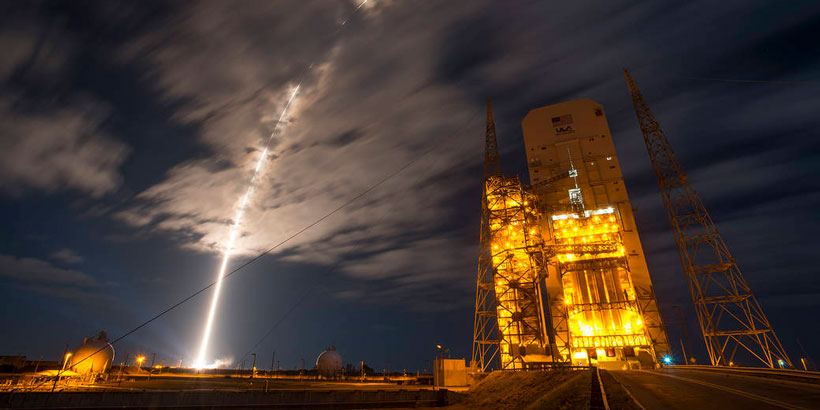
DECATUR, Ala. — A United Launch Alliance Atlas V rocket successfully launched the 10th Global Positioning System IIF satellite for the U.S. Air Force Thursday from Cape Canaveral, Florida.
GPS IIF-10 is the next-generation os GPS satellite, incorporating various improvements to provide greater accuracy, increased signals, and enhanced performance for users. GPS IIF-10 is the 10th in the series and will join a worldwide timing and navigation system utilizing 24 satellites.
“Congratulations to the U.S Air Force and the entire mission team on today’s successful launch of the 10th GPS IIF satellite! In just a few days, on July 17, the Global Positioning System will celebrate the 20th anniversary of GPS achieving fully operational status,” said Jim Sponnick, ULA vice president, Atlas and Delta Programs.
GPS satellites serve and protect troops around the world by providing navigational assistance for U.S. military operations on land, at sea, and in the air, but civilians around the world also use and depend on GPS technology.
This mission was launched aboard an Atlas V Evolved Expendable Launch Vehicle (EELV) 401 configuration vehicle, which is assembled in three places in the United States including Decatur, Alabama.
In its more than four dozen launches, starting with its maiden launch in August 2002, Atlas V has had a near-perfect success rate. However, the ULA plans to replace the Atlas V with a new rocket: the Vulcan.
The Vulcan was chosen after an online poll to select the name. As of 24 April 2015, the ULA board had not yet fully approved the new vehicle, with first launch planned in 2019.












